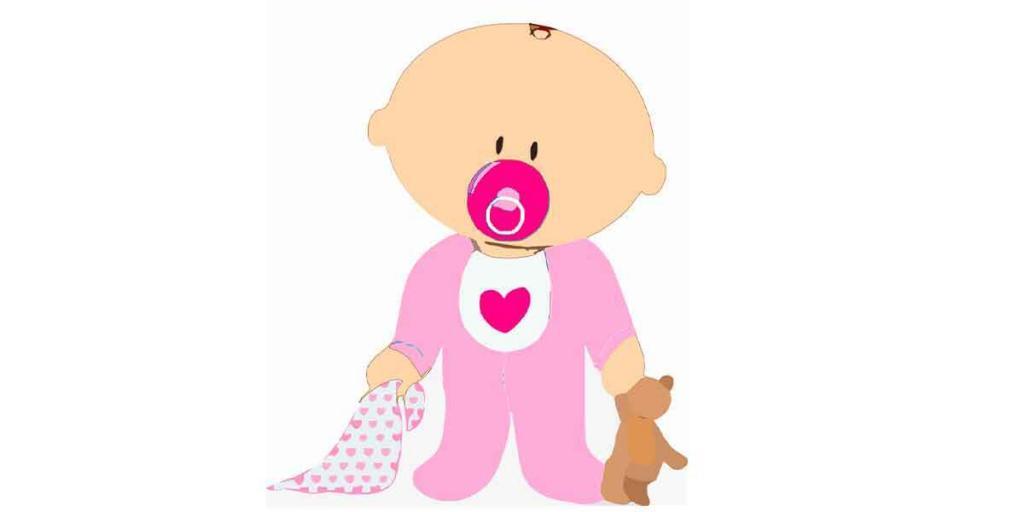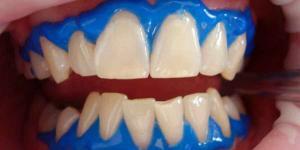Tooth decay is one of the most preventable childhood diseases and the most prevalent. There are several causes for it. As a way of avoiding tantrums caused by children overeating, most parents tend to give their children a lot of sugary foods that lack the necessary nutrients.
A good number of parents also fail to appreciate the importance of baby teeth, and why they should take good care of them.
Baby teeth are also known as primary teeth. They start growing between three and six months until the second year of a child’s development. The best dentist in Brooklyn NY recommends that a child be taken for their first teeth cleaning and dental checkup at this point. Primary teeth start falling out at the age of six. Most parents assume the need to take good care of their child’s baby teeth during this stage. The result is pediatric decay.
When children are given sugary foods without cleaning their teeth after that, germs and plaque find a place to grow.
There are several reasons why parents need to take care of their child’s baby teeth. Let us discuss some of them:
Assistance in Chewing Food
One function of the baby or primary teeth is to help the child bite and chew food. Every child needs proper nutrition for growth and development. A child who is suffering from tooth decay or any other dental discomfort may reduce their food intake, or refuse to eat altogether. As a result, the child’s health may be affected.
Proper chewing of food facilitates proper digestion. When a child swallows food without chewing it properly, the digestion process either slows down or becomes incomplete.
Facilitation of Speech
Baby teeth assist children in forming words and pronouncing them. When these teeth are destroyed or removed, the child ends up struggling in their speech development since they are unable to articulate certain words correctly.
Facial Development
Baby teeth contribute to the development of facial muscles, as well as jawbones. When the teeth are missing, it becomes difficult for this development to occur. Baby teeth also act as placeholders for secondary teeth. They serve as guides for secondary teeth, ensuring that these grow in their proper positions. Losing the baby teeth early in life means that secondary teeth will not grow in their proper positions.
When a parent fails to take care of baby teeth, some of the functions mentioned above become difficult to accomplish. That is why it is necessary to clean them and ensure that they last until the child attains an age when permanent teeth start to grow.
Lack of Proper Care
When baby teeth are not cared for, the results are cavities, decay, and premature extraction. Gum disease may also develop.
Premature extraction of baby teeth compromises a child’s speech and efficiency of eating. The gap causes neighboring teeth to shift out of their proper alignment. Gum disease may be mild and reversible, or complex. More severe gum disease or periodontitis may weaken the jaw’s bone tissues, causing baby teeth to fall out.
Infected baby teeth can also affect the underlying permanent teeth. This means that the infected teeth will come out when they are already infected, or with a cavity. Such a cavity can make feeding difficult and may result in malnutrition. The constant pain resulting from the cavity may also interfere with the child’s concentration and learning capabilities. Prolonged dental infection in children can also find its way to the brain, resulting in death. Talk to the best dentist in Brooklyn NY for tips.
Caring for Baby Teeth
As soon as your child develops their first baby tooth, it is your responsibility to start cleaning it. Most parents make use of damp gauze or a piece of cloth to do the cleaning. As the teeth become more and stronger, you can start using a finger brush to clean them.
Once the child hits the 2-year mark, the parent can buy a child toothbrush and use it at least once. Young children may have challenges spitting out toothpaste. That is why it is important to avoid using fluoride toothpaste at this point. Swallowing a lot of it can cause fluorosis. As the child grows, encourage them to adopt a regular practice of brushing their teeth daily. Guide them through the process as they learn the art of holding the brush on their own. Always keep an eye on them to ensure that they do the job properly.



